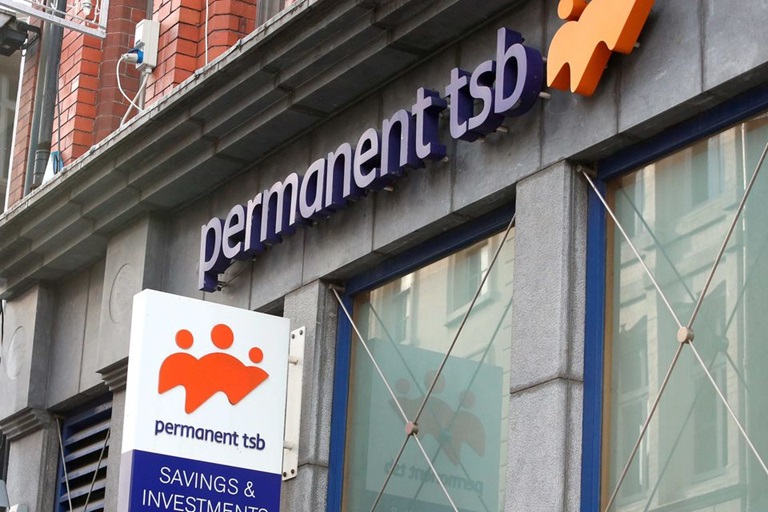In a significant shift aimed at bolstering its competitive edge, Permanent TSB (PTSB) has announced the sale of a deep-in-arrears mortgage portfolio valued at €348 million. The portfolio, which has been a considerable drag on the bank’s financial health, has been snapped up by US private equity titan Apollo and loan servicing firm Mars Capital.
This strategic move is set to dramatically lower PTSB’s non-performing loans (NPL) ratio to a mere 1.7%, putting it comfortably below the European average of 1.9%. To put this in perspective, just a few months ago, in March, the bank’s NPL ratio was at a daunting 3.3%, and it had previously soared to a staggering 28% during the peak of its troubles.
The portfolio in question includes 1,244 loans against 1,489 properties, with a hefty 83% of these accounts in deep arrears. The typical arrears balance stands at €71,000, and the average delinquency period is a lengthy 22 months. The remainder of the portfolio is classified as non-performing due to regulatory definitions, often involving interest-only or partial capital repayment loans lacking a feasible repayment plan.
Eamonn Crowley, PTSB’s CEO, emphasized that this sale is crucial for maintaining the bank’s competitive strength in the Irish retail banking market. “By undertaking this transaction, we can continue to offer much-needed choice to customers without being hampered by the need to hold excessive capital for non-performing loans,” Crowley stated. He added that the freed-up capital would support up to €2 billion in new lending, a significant boost for the Irish economy.
This sale is not just about improving the bank’s financial metrics; it’s also a play to level the competitive playing field. PTSB has been at a disadvantage due to the high-risk weighting on its mortgage book, a legacy of the post-crisis arrears disaster. Currently, for every €100 in mortgages, PTSB faces a risk weighting of over 40%, necessitating substantial capital reserves. In contrast, rivals like Bank of Ireland and AIB enjoy risk weightings in the 20s, allowing them to offer more competitive rates.
The skewed risk landscape has seen PTSB’s share of new mortgages drop to 13.4% in the first quarter of this year, a sharp decline from 23% in early 2024. However, the bank is fighting back, recently slashing certain mortgage rates to regain its footing.
The sale is also set to bump up PTSB’s common equity Tier 1 capital ratio by 0.35 percentage points, a critical measure of the bank’s financial strength. As of March, this ratio stood at a robust 14.3%.
To ensure a smooth transition, PTSB will soon be reaching out to affected customers, reassuring them that their terms and conditions will remain unchanged and that they will continue to benefit from the same regulatory protections. Mars Capital’s CEO, Colin Maher, echoed this commitment, promising to provide detailed information to the transferring customers and encouraging those facing difficulties to seek tailored solutions from their expert team.
In sum, this bold move by PTSB is a clear signal of its determination to navigate past financial turbulence, fortify its market position, and inject fresh vitality into the Irish banking landscape.
(Source: Irish Examiner | The Irish Independent)









